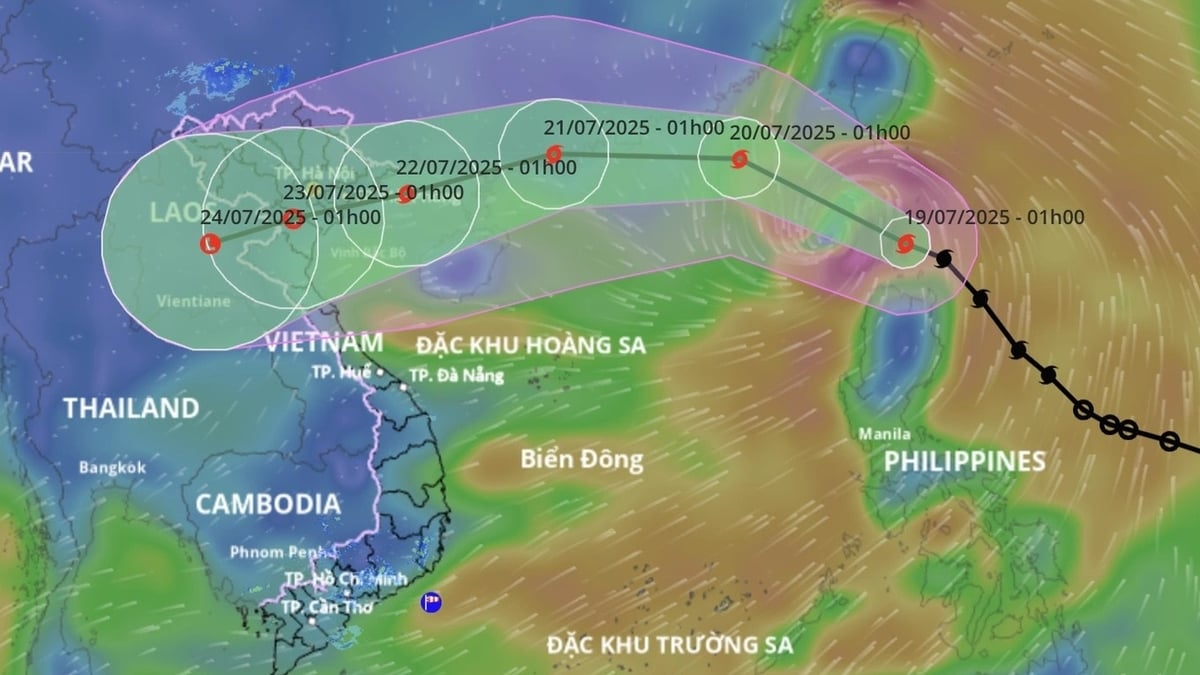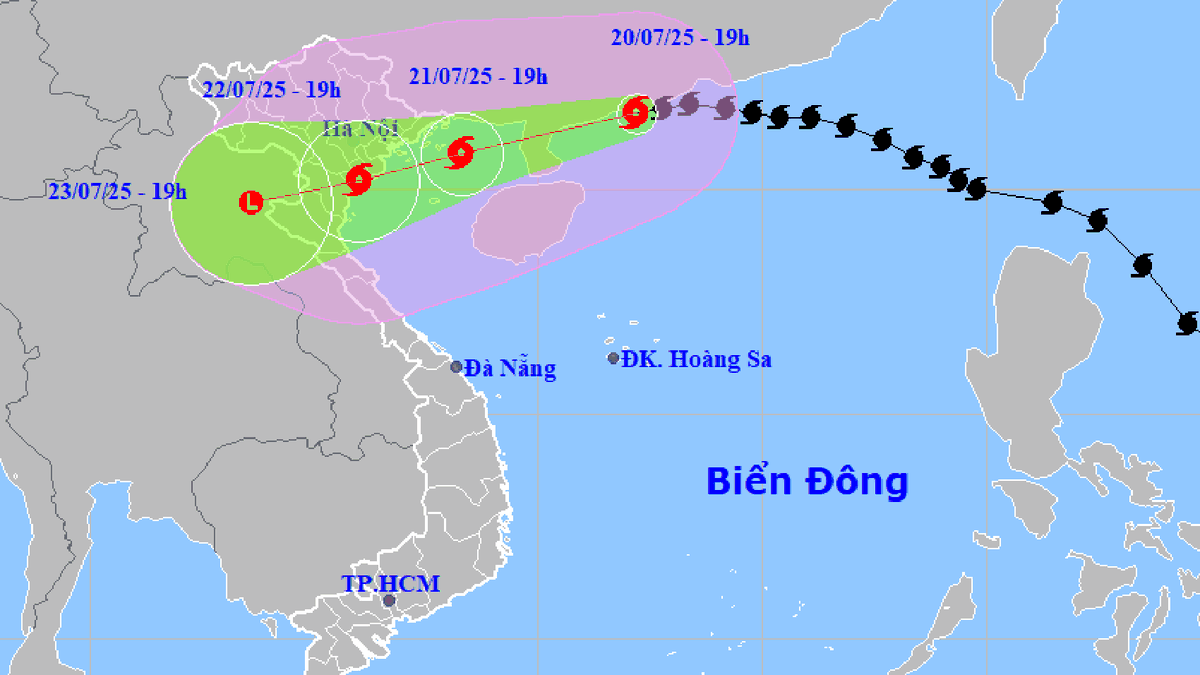On May 8, the US State Department said it had withdrawn a short-term arms aid shipment to Israel due to "deep concerns" about the possibility of Israel conducting a large-scale military operation in Rafah that would cause significant loss of civilian life.

Israeli army M109 self-propelled howitzers are deployed near the southern city of Sderot, along the border with the Gaza Strip.
At a press conference on the same day, US State Department spokesman Matthew Miller confirmed the suspension of security assistance to Israel. According to Mr. Miller, the Biden administration is currently considering other aid shipments to Israel amid the volatile situation in Rafah. “We are very concerned about the risk of a military operation in Rafah. We are concerned about the impact of this scenario on civilians…” – Mr. Miller said.
The information was given by Mr. Miller just a few days after a number of US media outlets reported that Washington had decided to suspend some weapons aid shipments to Israel. Axios was the first media outlet to announce this information when it quoted a senior US official as saying that the shipments temporarily suspended for delivery to Israel included 1,800 2,000-pound bombs (about 900 kg) and 1,700 500-pound bombs (about 225 kg).
Will the Rafah attack change the US stance on security aid to Israel?
Also on May 8, US President J. Biden publicly warned Israel for the first time that Washington would stop providing weapons if Israeli forces launched a major invasion of Rafah - a city with a large refugee population in southern Gaza.
In 2016, the US government signed a third 10-year Memorandum of Understanding regarding military assistance and the provision of missile defense systems to Israel. Just last month, the US Congress approved $26 billion in additional funding for Israel.
Explaining further on this issue, Mr. J. Biden said that the US will continue to provide defensive weapons to Israel, including the country's "Iron Dome" air defense system. However, the US will not provide weapons and artillery shells to Israel.
According to CNN, President J. Biden's mention of using weapons as a condition for Israel's actions marks a turning point in the conflict in Gaza, and shows a clear recognition of the US role in the conflict.
In a statement released on May 7, the Israel Defense Forces (IDF) said that the Israeli army had established operational control over the Gaza side at the Rafah border crossing after an overnight operation against Hamas.
On May 8, CNN published the results of satellite image analysis obtained from Planet Labs showing that Israel's attack on the city of Rafah in southern Gaza has expanded from air strikes to ground operations.

Satellite image shows damage in Rafah, Gaza, May 7, 2024.
Earlier, speaking at the Pentagon's fiscal year 2025 budget hearing on Capitol Hill on May 8, US Defense Secretary Lloyd Austin affirmed that the Pentagon will "continue to take the necessary measures to ensure that Israel has the means to defend itself." However, Mr. Austin also noted that the US is currently considering some short-term security aid shipments due to the current situation in Rafah.
According to Mr. Austin, Israel's major offensive in Rafah could change the US's view on security aid to Israel.
Source

























![[Photo] National Assembly Chairman Tran Thanh Man visits Vietnamese Heroic Mother Ta Thi Tran](https://vphoto.vietnam.vn/thumb/1200x675/vietnam/resource/IMAGE/2025/7/20/765c0bd057dd44ad83ab89fe0255b783)







































































Comment (0)